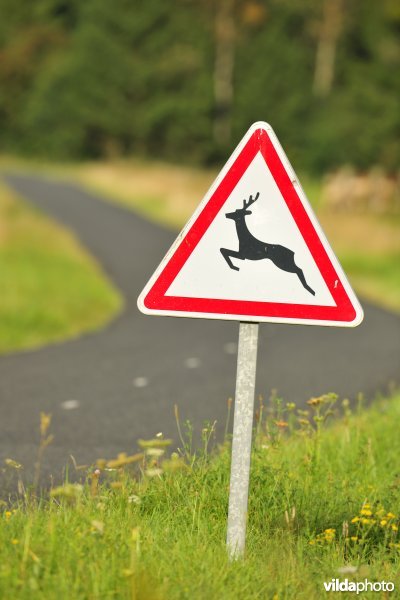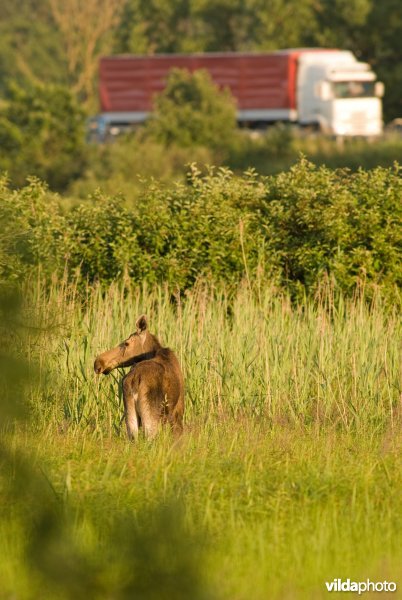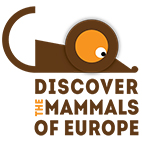Time is running out…
For centuries, observations about life on Earth have been collected. But it is going too slow. Many species will have disappeared even before we have found them. The Biodiversity_next conference aims to answer the question of how to speed up the research to stop biodiversity loss?
Better data, better science, better solutions
 Hundreds of thousands of scientists and volunteers have built up thousands of databases that record biodiversity and geodiversity all over the world. But the use of these data needs to be improved. They are scattered, incomplete and often have restricted availability. The organisers of the conference foresee a future where all these biodiversity data are combined, linked and disseminated to everyone throughout the world who needs or can use them. Achieving this goal will help us to make rational and timely decisions to support a sustainable future. Because better data leads to better science, and better science leads to better solutions and policies.
Hundreds of thousands of scientists and volunteers have built up thousands of databases that record biodiversity and geodiversity all over the world. But the use of these data needs to be improved. They are scattered, incomplete and often have restricted availability. The organisers of the conference foresee a future where all these biodiversity data are combined, linked and disseminated to everyone throughout the world who needs or can use them. Achieving this goal will help us to make rational and timely decisions to support a sustainable future. Because better data leads to better science, and better science leads to better solutions and policies.
The ultimate goal is to build a worldwide network of biodiversity data. This network will encompass all existing biodiversity databases, tools and knowledge.
Mapping Mammals to INform Development (MIND)
One of the workshops (with number WS89) during the Biodiversity_next conference addresses mammals. An understanding of mammal distributions is fundamental for their protection. The threats to the mammals surpass country borders and are related to human activities. Given the ongoing habitat loss, bringing data together to enable analyses for policy, planning and conservation is pivotal. Better data and analyses, integrated into the early stages of planning can diminish the loss of habitats and species, and save costs.
Georeferenced data are essential for impact assessments of land use changes in agriculture, forestry, fisheries, and green/grey infrastructure, as well as for health and food safety issues (e.g. African swine fever). Mechanisms are needed to mobilise standardised data on mammals and ensure its use in policy, planning, and species conservation.
 There are huge differences among countries in data quantity and quality. Efforts aiming at data mobilisation and building capacities to support countries are in development. There are successful initiatives, demonstrating the benefits of data mobilisation. Is it possible to develop them further and replicate them over Europe? How can we develop/improve both data collection and mammal protection in a mutually coherent way all over Europe?
There are huge differences among countries in data quantity and quality. Efforts aiming at data mobilisation and building capacities to support countries are in development. There are successful initiatives, demonstrating the benefits of data mobilisation. Is it possible to develop them further and replicate them over Europe? How can we develop/improve both data collection and mammal protection in a mutually coherent way all over Europe?
Can we give the synergies between mammal conservation and the above-mentioned sectors a functional form facilitating better-informed decisions benefitting both sustainable development and nature conservation? What are the challenges and potentials?
The Habitat Foundation, the Dutch Mammal Society and the European Mammal Foundation are currently considering organising a pan European Congress on mammal conservation. Opportunities for better protection offered by developments in data collection and vice versa will be one of the congresses themes. What kind of data, infrastructure and tools are needed for the realisation of sustainable conservation of wild mammals? The outcomes and findings of the MIND workshop will deliver valuable input for the European Congress on mammal conservation.
Come to our workshop and take part in the discussion. Register now. There is a discount for students and people from low income countries:
To the registration page of the Biodiversity_next conference






